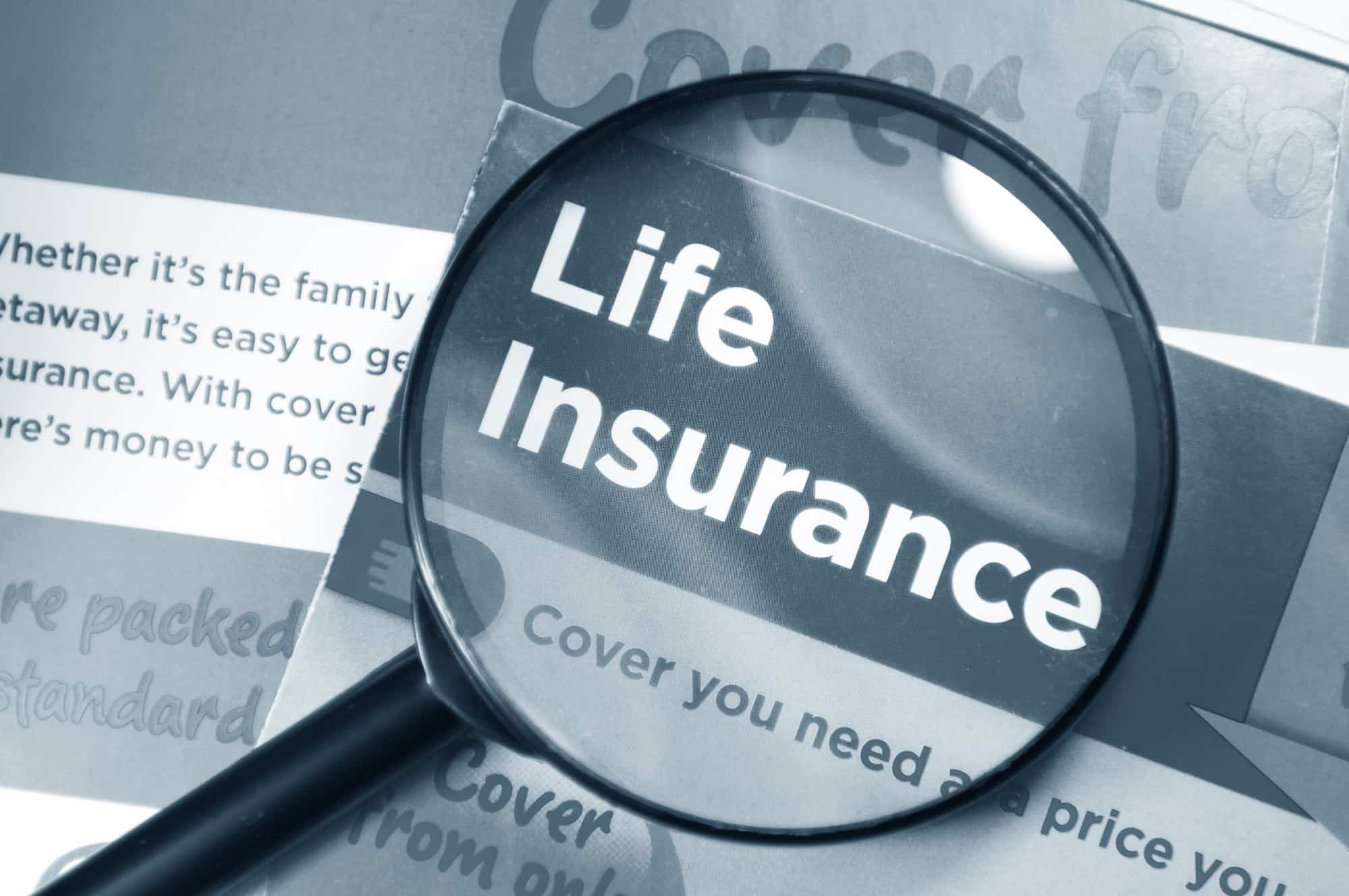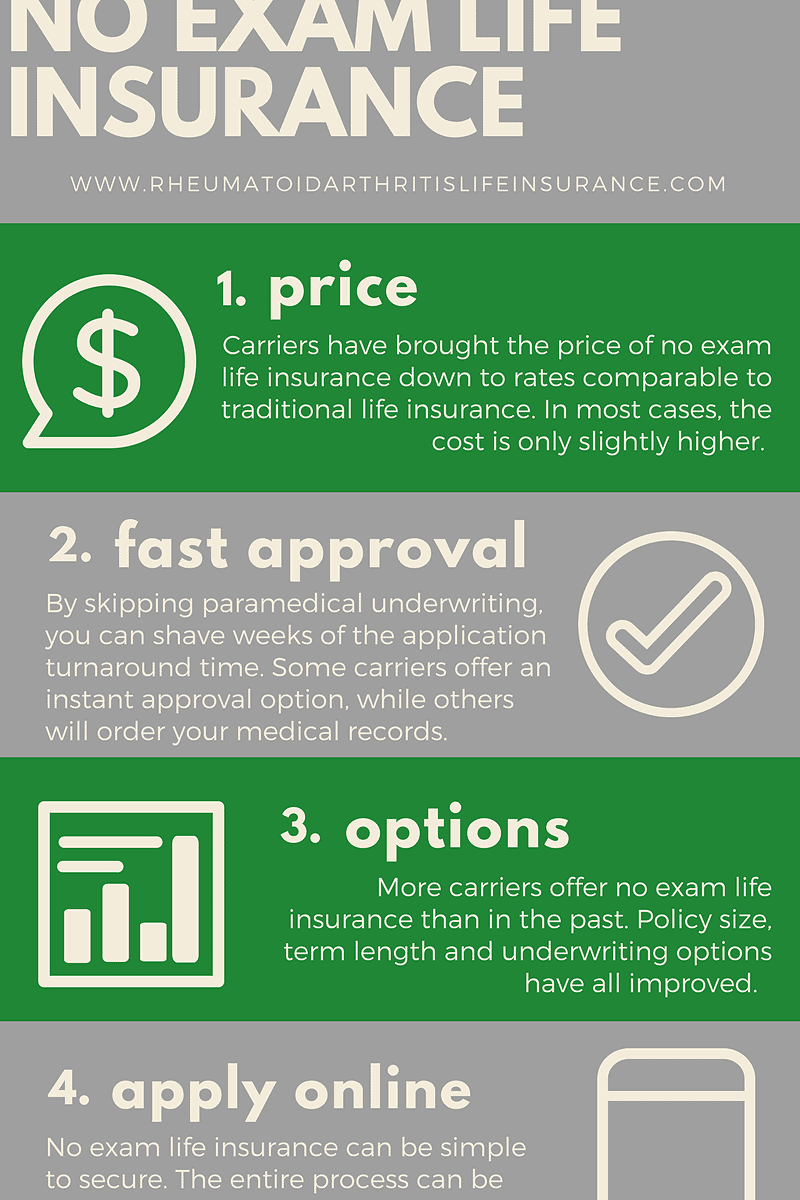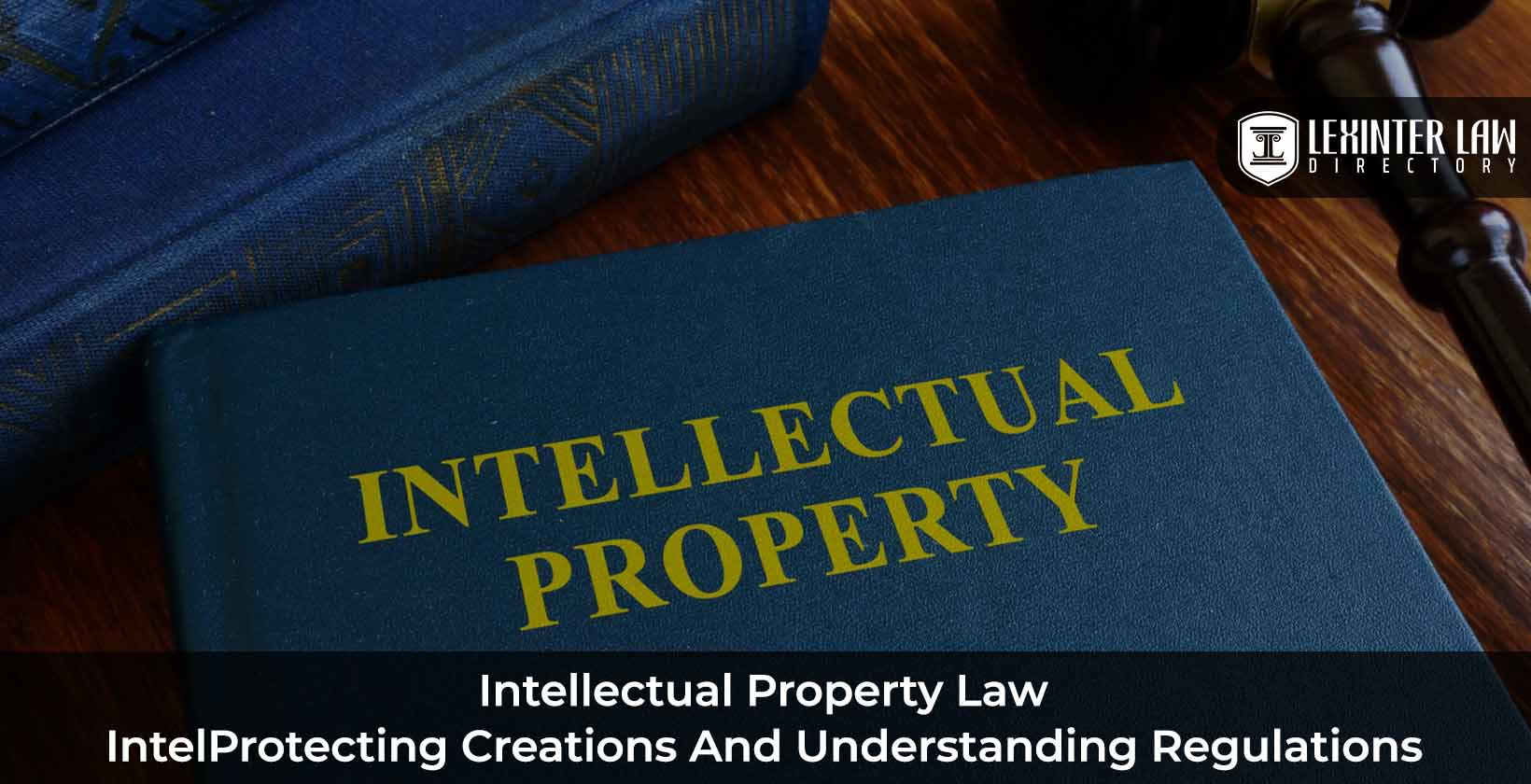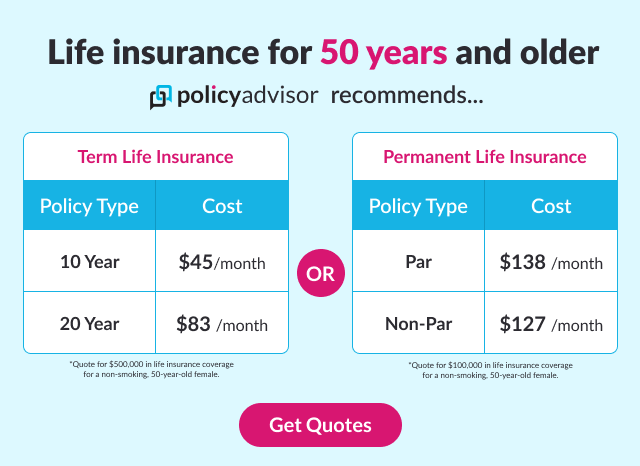When You Are Not at Fault in a Car Accident
Being involved in a car accident is never a pleasant experience, but it can be especially frustrating when you are not at fault. Not only do you have to deal with the physical and emotional trauma of the accident, but you also have to navigate the complexities of insurance companies and legal proceedings. If you have found yourself in this situation, it is imperative to know the appropriate steps to take.
Steps to Take After a Not-at-Fault Car Accident
1. Ensure Your Safety and Gather Information
In the immediate aftermath of an accident, your first priority should be to ensure the safety of yourself and any passengers in your vehicle. If possible, move your car to a safe location off the road. Once you are in a safe place, call 911 to report the accident and request medical attention if necessary.
While waiting for the police to arrive, take the following steps to gather important information:
- Exchange contact information with the other drivers involved in the accident.
- Take photos of the accident scene, including damage to both vehicles, skid marks, and any other relevant details.
- Obtain the names and contact information of any witnesses to the accident.
- Request a copy of the police report once it is available.
2. Contact Your Insurance Company
After the police have arrived and taken their report, contact your insurance company to inform them of the accident. Be sure to provide them with as much detail as possible, including the other driver’s insurance information. Your insurance company will assign an adjuster to handle your claim and help you navigate the process.
3. Seek Medical Attention
Even if you do not feel injured immediately after the accident, it is important to seek medical attention as soon as possible. Some injuries, such as whiplash or concussions, may not manifest themselves for several days or even weeks. By getting checked out by a doctor, you can ensure that you receive the necessary treatment for your injuries and document your condition for insurance purposes.
4. Consult a Lawyer
If you have been seriously injured or if the other driver is disputing fault, consider consulting with an attorney. An attorney can help you protect your rights and ensure that you receive fair compensation for your injuries, lost wages, and other expenses.
5. Be Patient and Persistent
Dealing with the aftermath of a car accident can be a lengthy and frustrating process. It is important to be patient and persistent throughout the process. Stay in regular contact with your insurance company and attorney, and don’t hesitate to ask questions or raise concerns. Remember that you are not alone and there are resources available to help you.
When You’re not at Fault in a Car Accident
Ow! If you’re reading this article, chances are you’ve been involved in a car accident that wasn’t your fault. It can be a stressful and confusing time, attempting to figure out what to do next. Where do I begin? Don’t worry, we’ve got you protected. Here are a few things you can do to protect yourself and your rights if you’re ever in this situation.
Gather Evidence
It’s imperative to document the scene of the accident as thoroughly as possible. Take pictures of the damage to both vehicles, the surrounding area, and any visible injuries. Jot down the names and contact information of any witnesses, and be sure to exchange insurance information with the other driver. Even if you don’t think you’re injured, it’s always a good idea to get checked out by a doctor. Some injuries, such as whiplash, may not be immediately apparent.
Report the Accident
Once you’ve gathered as much evidence as possible, you’ll need to report the accident to your insurance company promptly. They will be able to guide you through the claims process and help you get your car repaired or replaced. Also, it is required by law in most states to report the accident to the police. They will create a report that can be helpful in the event of a dispute.
Protect Your Rights
If you’re not at fault for the accident, you may be entitled to compensation for your injuries, lost wages, and other expenses. An experienced attorney can help you get the full amount of compensation you deserve through negotiation or litigation.
Stay Calm
It’s natural to feel shaken up after a car accident, but it’s important to stay calm and collected. This will help you make the best decisions for yourself and your family. If you’ve been injured in an accident that wasn’t your fault, don’t hesitate to reach out to an attorney. They can help you protect your rights and get you the compensation you deserve.
When You are not at Fault Car Accident
Car accidents can be a real pain in the neck, especially when you’re not the one who caused them. If you find yourself in this situation, it’s important to know what to do to protect your rights and get the compensation you deserve.
Report the Accident
The first step after any car accident is to report it to the police. This will create a record of the accident and help to protect you if the other driver tries to blame you. You should also notify your insurance company as soon as possible. They will be able to help you file a claim and get your car repaired or replaced.
Filing a Claim
Once you have reported the accident, you will need to file a claim with the other driver’s insurance company. This can be a complex process, so it’s important to have all of your documentation in order. You will need to provide the insurance company with a copy of the police report, your insurance policy, and any other relevant documents.
The insurance company will then investigate the accident and determine who is at fault. If they find that the other driver was at fault, they will be responsible for paying for your damages. This can include your medical expenses, lost wages, and property damage.
If the insurance company denies your claim, you may need to file a lawsuit. This can be a long and expensive process, so it’s important to weigh the pros and cons before making a decision.
Dealing with a car accident can be a stressful experience, but it’s important to remember that you have rights. If you were not at fault for the accident, you deserve to be compensated for your damages. By following these steps, you can help to protect your rights and get the justice you deserve.
What to Do If You’re Injured in a Car Accident That Wasn’t Your Fault
Being involved in a car accident is never fun — and it’s even worse when it’s not your fault! If you find yourself in this situation, it’s important to know what to do. Here are some steps to follow:
Seek Medical Attention
First and foremost, seek medical attention. Even if you don’t feel like you’re seriously injured, it’s important to get checked out by a doctor. Some injuries, like whiplash, may not be immediately apparent. Getting a medical evaluation will help you document your injuries and ensure you get the treatment you need.
Contact the Police
Once you’ve been checked out by a doctor, contact the police. They will need to investigate the accident and file a report. This report will be helpful when you file an insurance claim.
Exchange Information
Be sure to exchange information with the other driver(s) involved in the accident. This includes your name, address, phone number, insurance information, and license plate number. You should also take pictures of the damage to your car and the other vehicles involved.
Contact Your Insurance Company
Once you have all of the necessary information, contact your insurance company. They will help you file a claim and get your car repaired or replaced. Be sure to provide them with all of the information you gathered from the other driver(s) and the police.
Hire an Attorney
In some cases, you may want to consider hiring an attorney. An attorney can help you negotiate with the insurance company and get you the compensation you deserve. If you’re not sure whether or not you need an attorney, it’s always a good idea to get a free consultation.
Steps to Take After a Not-at-Fault Car Accident
- Seek medical attention
- Contact the police
- Exchange information
- Contact your insurance company
- Hire an attorney (optional)
By following these steps, you can protect your rights and ensure you get the compensation you deserve after a not-at-fault car accident.
When You’re Not at Fault in a Car Accident: What to Do
Have your ever been driving, minding your own business, when suddenly, boom! Someone slams into you. It’s a jarring experience, and it can be even more frustrating when you know you’re not at fault. If you find yourself in this situation, here’s what you need to do.
Stay Calm and Collect Information
As soon as possible after the accident, try to stay calm and collect as much information as you can. This includes things like the other driver’s name and insurance information, the make and model of their car, and the location of the accident. Also, be sure to take pictures of the damage to both cars, and if there were any witnesses, get their names and contact information.
Contact the Police and File a Report
Once you’ve collected the necessary information, you should contact the police and file a report. This will help to establish your innocence and provide valuable documentation for your insurance company. Be sure to be honest and accurate in your account of the accident.
Contact Your Insurance Company
Your insurance company needs to be notified as soon as possible after the accident. They will guide you through the claims process and help you to get your car repaired or replaced. It’s important to be cooperative with your insurance company so they can help you get the best possible settlement.
Hire an Attorney
If you are significantly injured or you are having trouble getting a fair settlement from the other driver’s insurance company, you may want to consider hiring an attorney. A good attorney will be able to help you maximize your compensation and protect your interests. The cost of hiring an attorney may be covered by your insurance policy, so be sure to check.
What to Expect from an Attorney
If you hire an attorney, they will typically do the following:
– Negotiate with the other driver’s insurance company on your behalf
– Represent you in court, if necessary
Having an attorney on your side can give you peace of mind and help you get the compensation you deserve.
When You Are Not at Fault in a Car Accident: A Guide to Protecting Your Rights
Being involved in a car accident can be a traumatic experience, but it can be even more stressful when you are not at fault. In these situations, it is important to know your rights and take steps to protect yourself. Here’s a comprehensive guide to help you navigate the process:
Preserve Your Records
After an accident, it is crucial to gather as much documentation as possible. Keep copies of all medical bills, repair estimates, and communication with insurance companies. These records will serve as evidence to support your claim and ensure that you are fairly compensated for your injuries and damages.
Report the Accident Promptly
Inform the police about the accident as soon as possible. The police report will provide an official account of the incident, including details such as the time, location, and the parties involved. This report can be invaluable in proving your case if the at-fault driver disputes liability.
Seek Medical Attention
Even if you do not feel injured, it is important to seek medical attention after an accident. Some injuries may not manifest themselves immediately, and waiting too long to get checked could hurt your credibility when filing a claim.
Document the Scene
If possible, take pictures of the accident scene, including damage to both vehicles, skid marks, and any other relevant details. These photos can help paint a clear picture of what happened and strengthen your case.
Exchange Information
Exchange information with the other driver(s) involved in the accident. This includes names, addresses, phone numbers, insurance information, and license plate numbers. Getting this information will make it easier to file a claim and track down the at-fault party.
Contact Your Insurance Company
Inform your insurance company about the accident as soon as possible. They can guide you through the process of filing a claim and help you recover compensation for your damages. It is crucial to be honest with your insurance company about the details of the accident, as any misrepresentations could jeopardize your claim.
Negotiate a Settlement
Once your insurance company has determined liability, they will negotiate a settlement with the at-fault driver’s insurance company. It is important to understand the settlement process and to carefully consider the terms of any agreement before signing. If you are not satisfied with the settlement offer, you may have the right to seek legal advice or pursue legal action.
When You’re Not at Fault in a Car Accident: What to Do
Nobody expects to get into a car accident, but it’s something that can happen to anyone. If you’re not at fault for a car accident, you may be wondering what to do next. Here are some steps to follow:
First, you should always call the police. This will create a record of the accident and help to protect you in case the other driver tries to blame you. You should also exchange insurance information with the other driver and take pictures of the damage to both vehicles.
Once you’ve taken care of the immediate aftermath of the accident, you should contact your insurance company. They will be able to help you file a claim and get your car repaired or replaced. You may also be entitled to compensation for your injuries and lost wages.
Negotiate a Settlement
In most cases, you will be able to settle your claim with the other driver’s insurance company without going to court. This is usually the quickest and easiest way to get compensated for your damages. However, you should not accept the first offer that the insurance company makes. You should negotiate with them to get a fair settlement that covers all of your expenses and damages.
Here are some tips for negotiating a settlement:
– Be prepared to provide documentation to support your claim. This may include medical bills, repair bills, and lost wages.
– Don’t be afraid to walk away from the negotiations if the insurance company is not offering you a fair settlement.
– You may want to consider hiring an attorney to help you negotiate a settlement. This can be especially helpful if you have serious injuries or if the insurance company is disputing your claim.
When You’re Not at Fault in a Car Accident: Navigating the Aftermath
After a car accident, determining fault is crucial. If you find yourself in the unfortunate position of being not at fault, navigating the aftermath can be both daunting and overwhelming. From dealing with insurance companies to pursuing legal action, it’s essential to understand your rights and take the appropriate steps to protect your interests.
Insurance Claims
Regardless of fault, filing an insurance claim is the first step after an accident. Contact your insurance company promptly to report the incident and initiate the claims process. Provide them with detailed information about the accident, including the date, time, location, and any witnesses. Your insurance company will assign a claims adjuster to assess the damage and determine the amount of compensation you’re entitled to.
Negotiating with the Other Driver’s Insurance Company
If the other driver is responsible for the accident, their insurance company will contact you to discuss your claim. Be prepared to negotiate a settlement that covers your medical expenses, lost wages, and property damage. It’s recommended to seek legal advice before agreeing to any settlement to ensure your rights are protected.
Pursuing Legal Action
If negotiations fail, you may need to pursue legal action and present your case in court to obtain compensation. This can be a complex and time-consuming process, but it may be necessary to secure the full amount of damages you deserve. Your attorney will file a lawsuit on your behalf, outlining the facts of the case and seeking damages for your injuries, lost income, and pain and suffering.
Going Through Trial
If the case cannot be settled out of court, it will go to trial. During trial, both parties will present their evidence and arguments. The jury will deliberate and reach a verdict, determining fault and awarding damages accordingly. Going through trial can be emotionally draining, but it may be the only way to obtain a fair outcome.
Medical Expenses
If you’ve been injured in a car accident, it’s essential to seek medical attention immediately. Keep a record of your medical expenses, including doctor’s visits, hospital stays, medications, and physical therapy. These expenses can be covered under your insurance policy or the at-fault driver’s policy.
Lost Wages
If your injuries prevent you from working, you may be entitled to compensation for lost wages. Keep a record of all missed workdays and provide documentation from your employer. Loss of earning potential can significantly impact your financial situation, and it’s important to seek full compensation.
Property Damage
In addition to medical expenses and lost wages, you may also be entitled to compensation for property damage to your vehicle. Gather repair estimates or receipts to document the cost of repairs. Your insurance policy may cover property damage, or you may seek compensation from the at-fault driver.




Leave a Reply